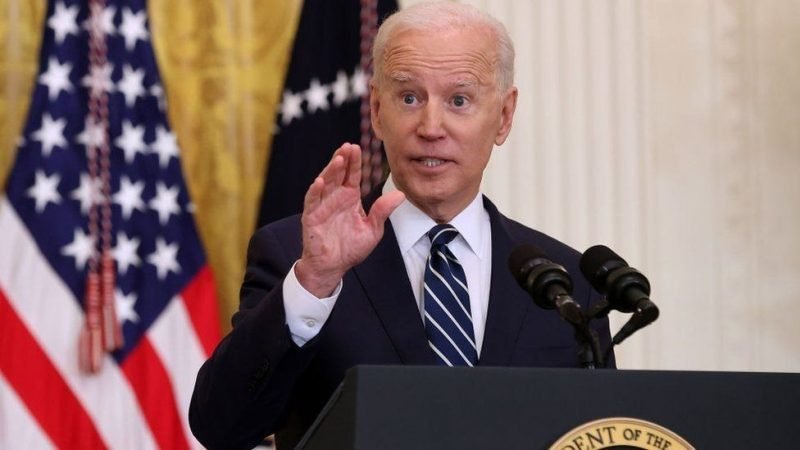The four-decade decline in global corporate tax rates

U.S. President Joe Biden’s plans to raise taxes on corporate America could put an end to a four-decade global drop in corporate taxation levels.
Governments worldwide are desperate to raise extra revenue to rebuild their pandemic-ravaged economies and corporate taxation is becoming an obvious target after decades of decline.
To finance a multitrillion-dollar infrastructure investment plan, Biden wants to lift the U.S. corporate tax rate from 21% to 28% and scale back loopholes that companies can use to cut their tax bills.
Though there is no assurance that Congress will approve a rate that high, 28% would be well above the current average of 21% for member countries of the Paris-based OECD group of industrialised nations.

However, it would be well below the 46% U.S. companies faced in the 1980s before the free-market Reagan and Thatcher revolutions fired up competition between governments worldwide to cut their corporate tax rates lower.
“It’s time for corporate America and the wealthiest 1% of Americans to pay their fair share – just pay their fair share,” Biden told a joint session of Congress on Wednesday.
The United States will not be alone as Britain is planning its first rise in corporate tax since 1974, which will see big, profitable companies pay 25% from 2023, up from 19%.
Meanwhile, 140 countries are negotiating at the OECD to agree by mid year a global minimum corporate tax rate to stop multinationals from simply booking profits in low-tax countries like Ireland, which has a 12.5% corporate tax rate.
The Biden administration has suggested the minimum rate should be 21%, which has found some traction with big European countries like France and Germany, even though it is well above the 12.5% which had been the centre of discussion until then.


















